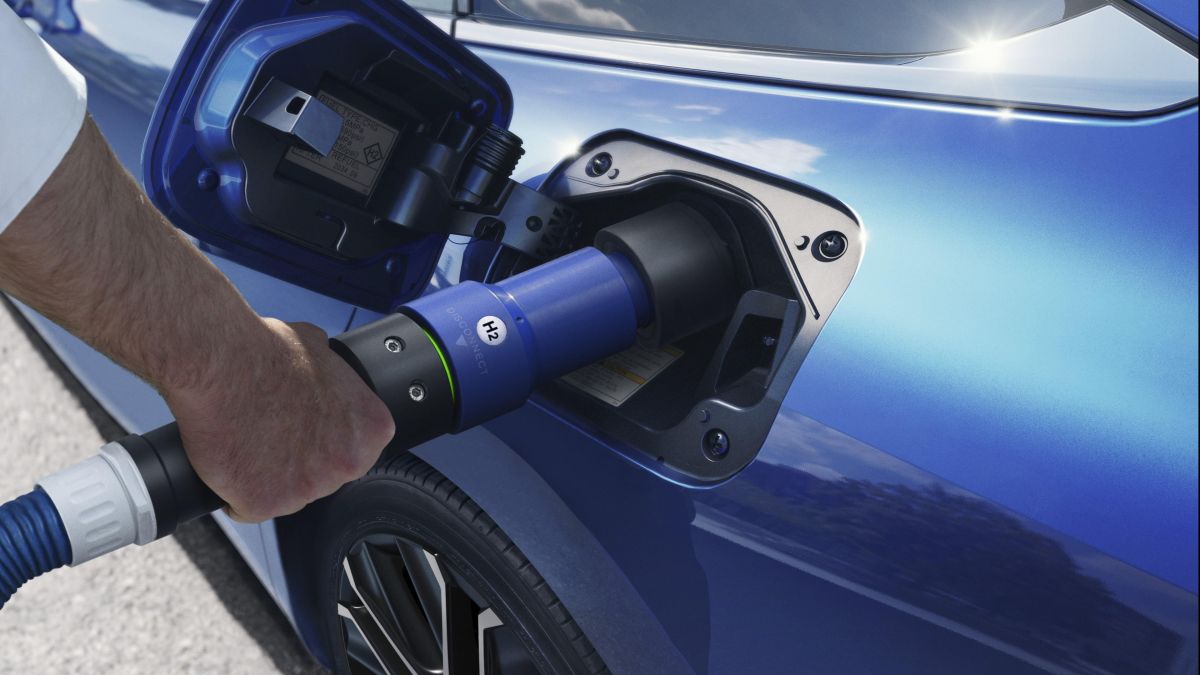A group of Toyota Mirai lessees and owners -- all based in California, the only state where the hydrogen fuel cell electric vehicle (FCEV) is available -- has filed a class action lawsuit against the automaker, accusing it of misleading consumers about the daily usability of the car.
The plaintiffs cite numerous issues, including a lack of operational refueling stations, skyrocketing hydrogen fuel costs, and a disappointing range that falls short of advertised figures.
The lawsuit alleges Toyota misled prospective buyers by claiming that "hydrogen fuel is available and that refueling the Mirai is seamless," comparing it to the ease of refueling a gasoline vehicle. However, Mirai owners report frequent difficulties in finding compatible refueling stations, often requiring long drives and facing equipment malfunctions or fuel card issues that can leave them stranded. These problems, they argue, render the car practically "unusable" for everyday driving.
Additionally, the plaintiffs allege hydrogen fuel can be unavailable for "days at a time," with refueling often taking "many hours on average" due to hydrogen pumps freezing up and locking onto the vehicle. This lengthy downtime leaves frustrated owners waiting more than 30 minutes for the pump nozzle to warm up enough for a safe disconnection.
The lawsuit also alleges the Toyota Mirai's advertised range of 357 miles for the Limited trim and 402 miles for the XLE trim is unrealistic. Drivers consistently report falling 100 miles short of these figures, significantly limiting their travel freedom between refuels.
Further exacerbating the issue is a 200% increase in the price of hydrogen fuel over the past few years, rising from $13 per kilogram in 2022 to approximately $36 per kilogram in 2024. This surge means that Toyota's $15,000 fuel card, provided as an incentive at purchase, won't last "at least five years" as originally advertised.
Moreover, the plaintiffs claim these problems have severely impacted the resale values of the Mirai, which reportedly retains only 19.4% of its value after five years of use.
The first generation of the Toyota Mirai debuted in 2015, with the current second-generation model following in 2020. Both are exclusively sold and leased in California due to the scarcity of hydrogen refueling stations elsewhere in the U.S. Earlier this year, Shell announced the closure of seven out of the 55 hydrogen stations in California due to supply issues, further complicating the lives of FCEV owners.













